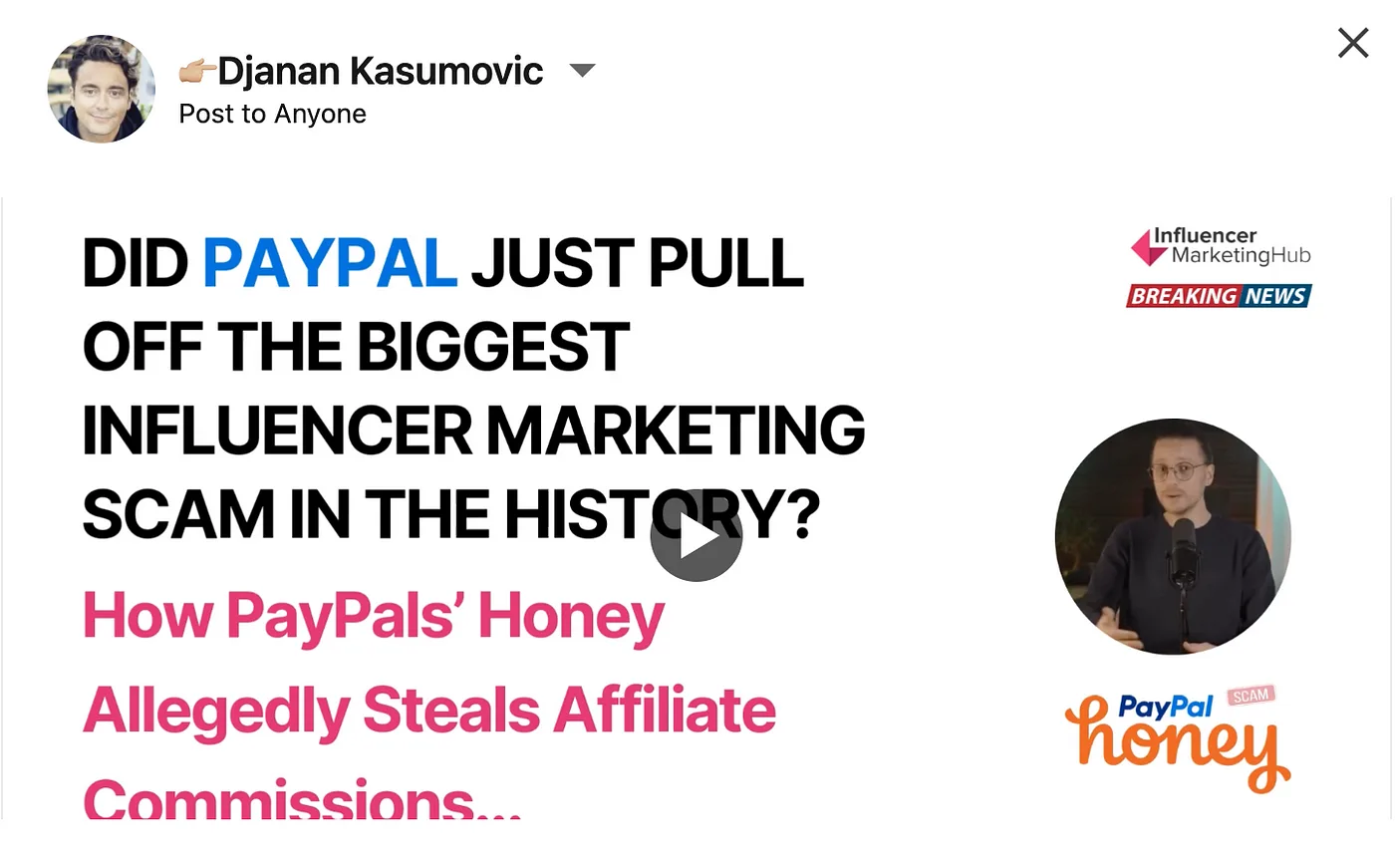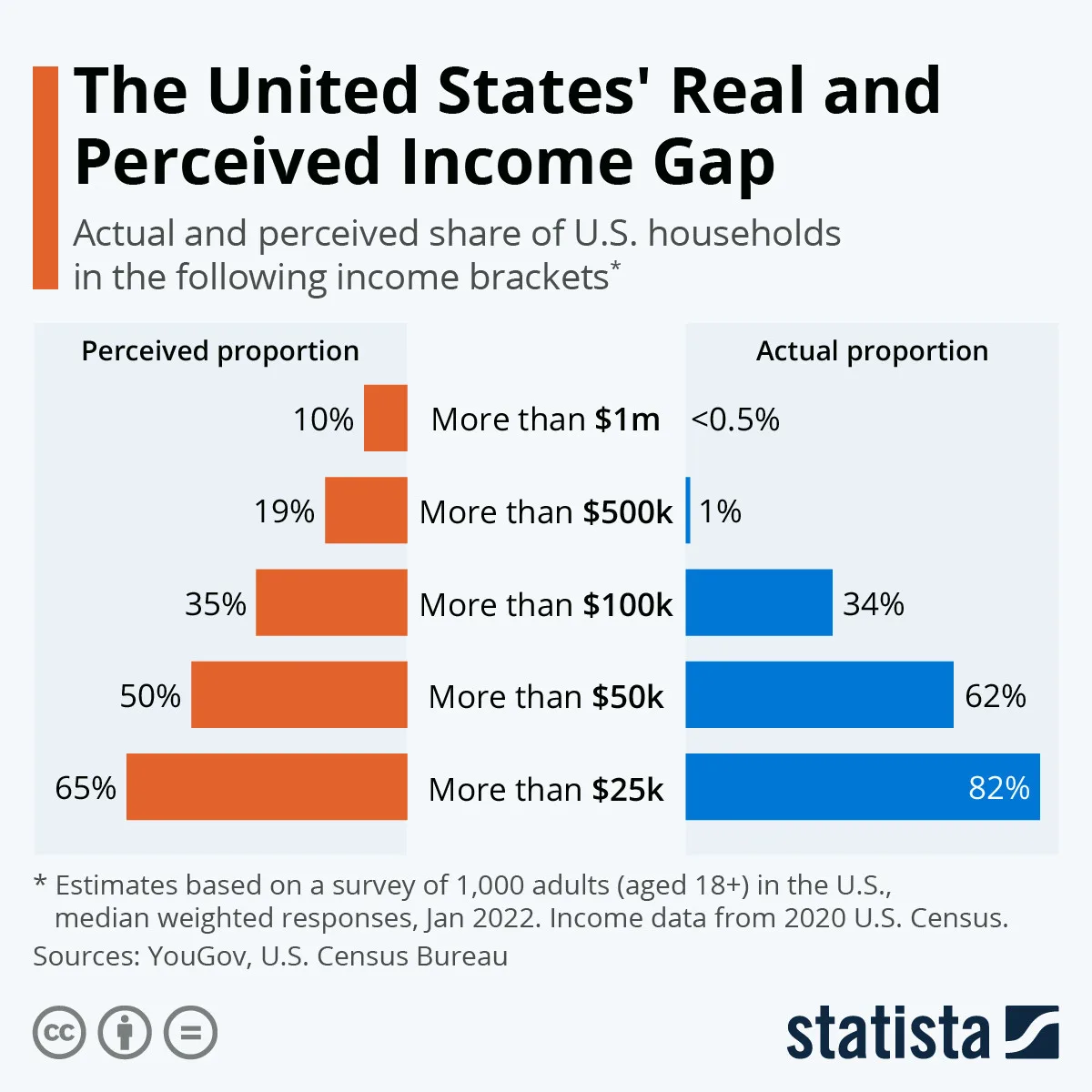The popular coupon-finding browser extension, Honey, recently faced significant backlash after allegations surfaced regarding its collaboration with influencers and the dubious methods of affiliate marketing. This has raised questions about transparency and ethical practices in the digital marketing landscape. Honey, which operates as a service under PayPal, allows users to engage with various online retailers and save money by automatically applying coupon codes at checkout. However, the latest reports suggest that some influencers may have presented deceptive promotional tactics to drive traffic to the Honey extension. Critics argue that this manipulation misleads consumers, as many of these influencers failed to disclose their affiliations or the compensation received for their promotions. The discourse surrounding these allegations has ignited extensive conversation on platforms such as Twitter and Reddit, with users expressing their dissatisfaction and urging for better transparency from brands and influencers. Honey has yet to respond to the criticisms, but the controversy has sparked broader discussions around the need for stringent guidelines on influencer marketing practices, especially given the increasing reliance on social media for consumer decisions. The implications of these findings could have lasting effects on how digital marketing and affiliate programs operate moving forward.
Controversy Surrounds Honey, PayPal’s Coupon Finder, Over Allegations of Influencer Manipulation











